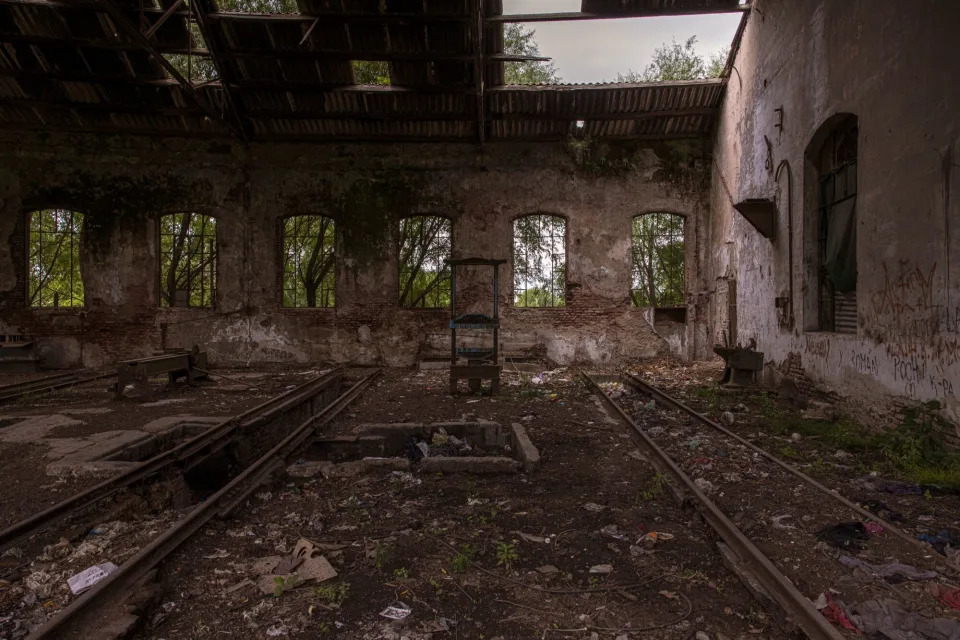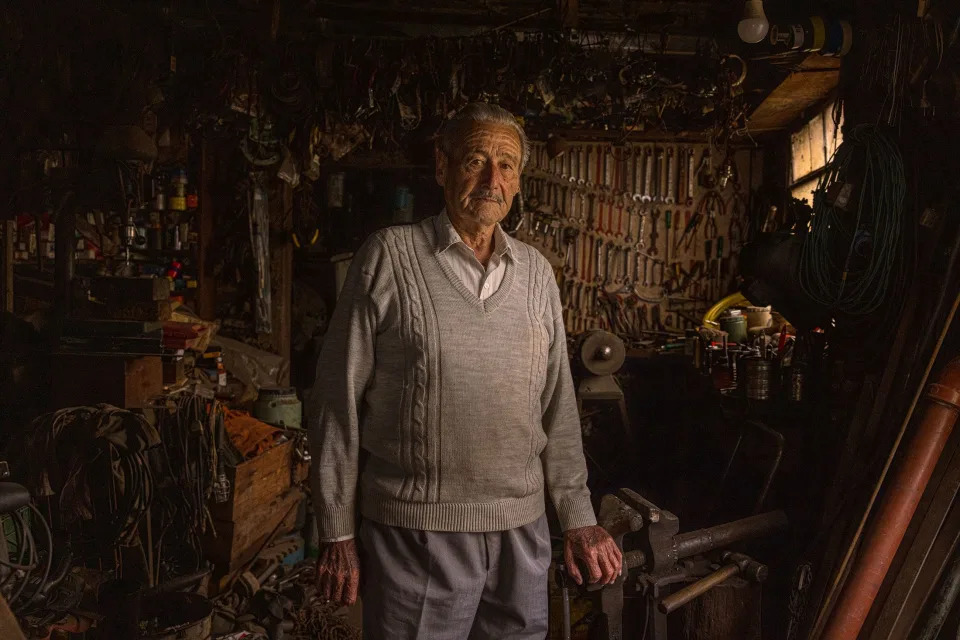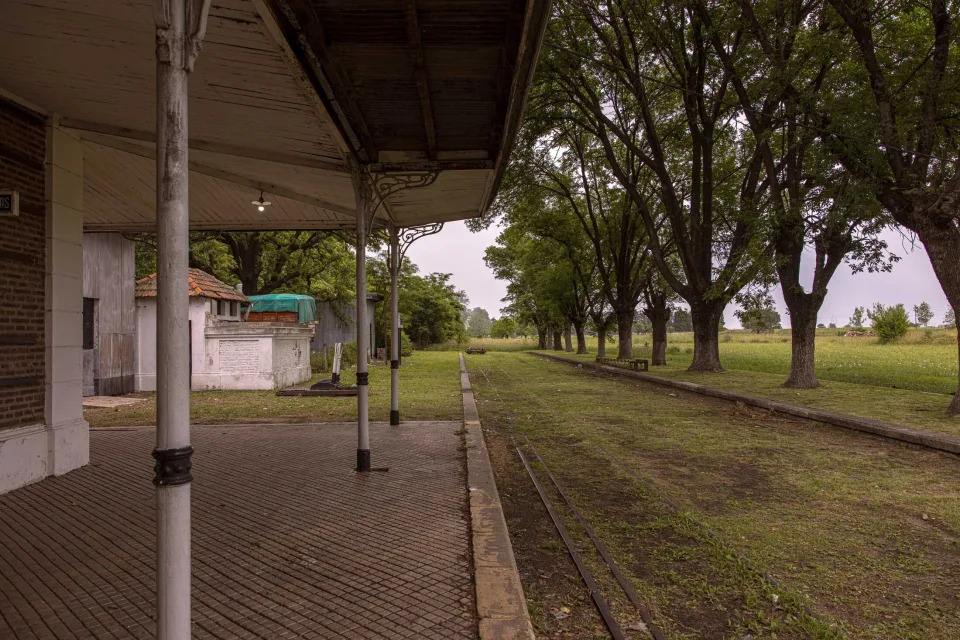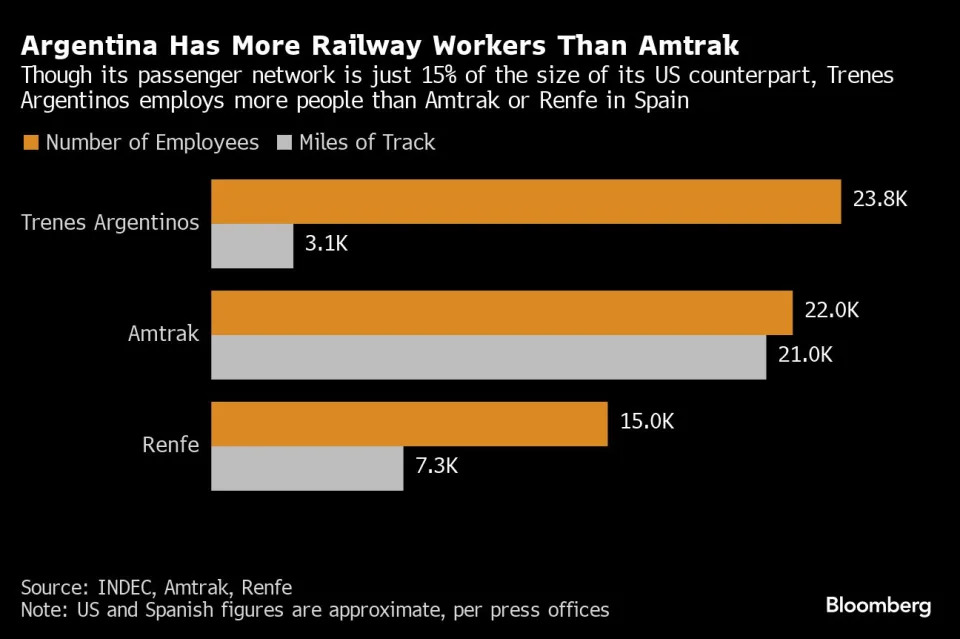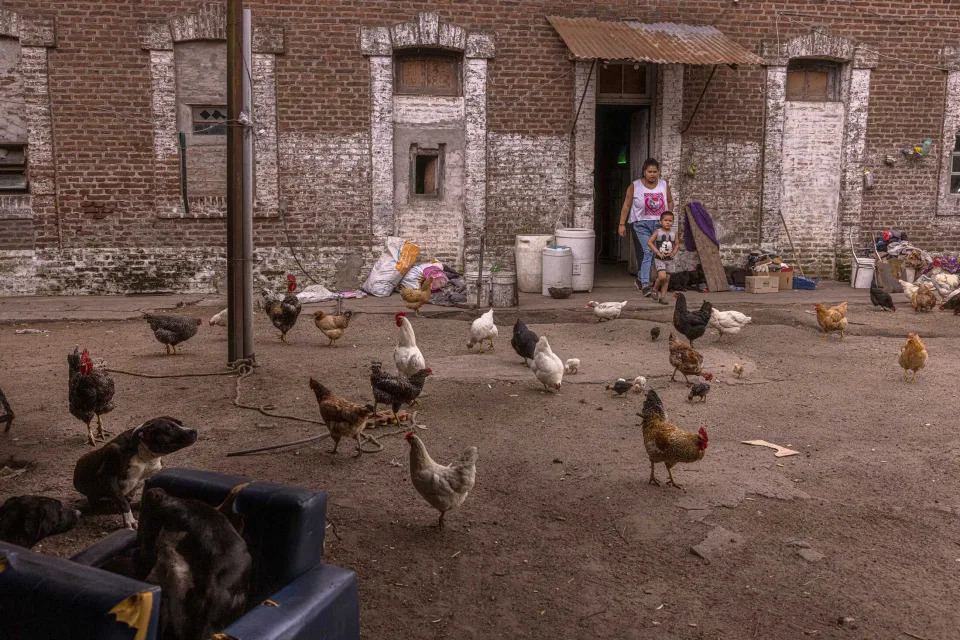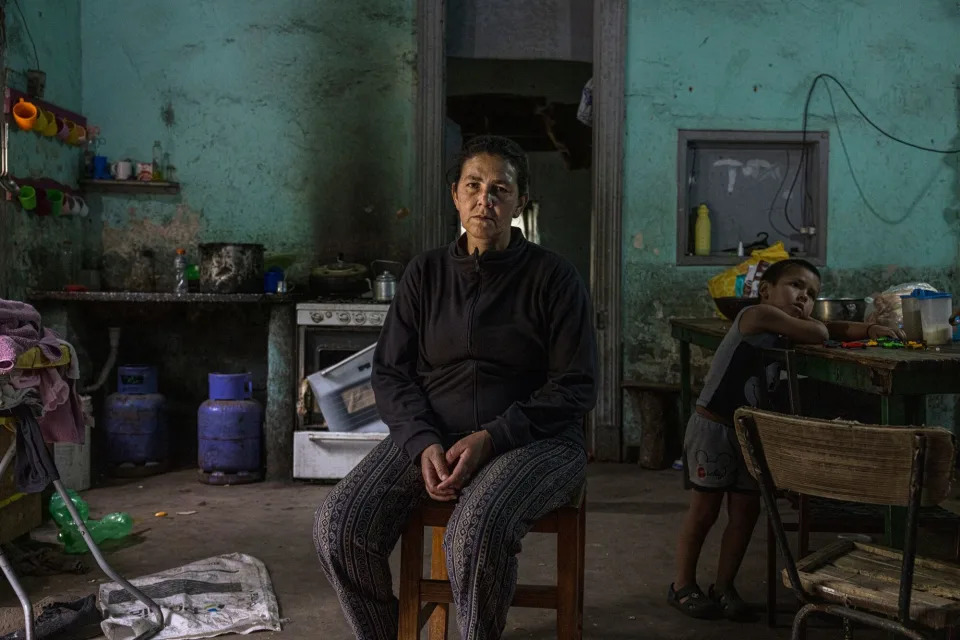Andrew Romano
·West Coast Correspondent
Updated Wed, December 20, 2023
Abortion rights demonstrators attend a rally at the Texas state Capitol in Austin, May 14, 2022.
Just 26% of Americans would favor “a national abortion ban like the one in Texas” that led Kate Cox, a Dallas-area woman whose fetus had a fatal disorder, to travel out of state to terminate her pregnancy earlier this month, according to a new Yahoo News/YouGov poll. A majority (56%) would oppose such a ban.
After reading a brief description of the case, a full 68% of Americans say Cox should have been allowed to have an abortion in Texas. Just 13% say an abortion should not have been allowed.
The survey of 1,533 U.S. adults, which was conducted from Dec. 14 to 18, highlights the political risks facing anti-abortion Republicans ahead of the 2024 election if they continue to push for hard-line Texas-style bans. Since the U.S. Supreme Court overturned Roe v. Wade in June 2022, 14 states have banned abortion entirely, while another seven have banned the procedure at an earlier stage of pregnancy — ranging from six to 18 weeks — than previously allowed under Roe.
Political analysts say Republican candidates have repeatedly lost otherwise winnable races as a result.
In Texas, abortion is now outlawed after six weeks of pregnancy. Six-week bans — which come into effect before many women are aware that they are pregnant — were already unpopular prior to the Cox case; in general, just 34% of Americans favor them, according to the new Yahoo News/YouGov poll. And even among those who approve of six-week bans, nearly two-thirds say they want an exception “for when the pregnancy seriously threatens the health of the mother” — meaning just 6% of Americans favor a six-week ban without such an exception.
In theory, Texas is supposed to have just that: an exception that permits abortion after six weeks if “the female” is “at risk of death” or “serious risk of substantial impairment of a major bodily function.” In practice, however, the Cox case demonstrated how narrow — bordering on nonexistent — the Texas loophole is.
After diagnosing Cox’s fetus with trisomy 18 — a severe genetic disorder that nearly always results in miscarriage, stillbirth or the infant’s death within a year — her doctor determined that carrying the pregnancy to term would risk her health and jeopardize her future fertility. But when Cox sought a court order allowing her to receive an abortion in Texas, the state attorney general and Supreme Court declared that she did not qualify for an abortion “based on the medical-necessity exception” — meaning her doctor could be prosecuted for a first-degree felony for performing the procedure. Cox, a mother of two, left the state to terminate her pregnancy.
Few Americans of any political stripe agree with that outcome. In fact, roughly six in 10 Republicans (57%) and independents (63%) say Cox should have been allowed to have an abortion in her state; just 21% and 14%, respectively, say the opposite.
Likewise, nearly four out of five Americans say that doctors (79%) rather than courts (6%) “should have more say in whether a pregnancy poses enough of a threat to the mother’s health to justify an abortion.” The numbers among Republicans (79% and 4%) and independents (74% and 7%) are equally stark.
And on the question of whether they would want a national abortion ban like Texas’s, independents are opposed by a more than two-to-one margin (55% to 24%) — while even Republicans are evenly split (40% in favor, 39% opposed).
Overall, just a quarter of Americans (26%) say they're likely to vote for “a candidate for major office who wants to ban most abortions that were legal under Roe v. Wade.” High-profile cases like Cox’s — which show voters how strict abortion bans affect real-life mothers — will do little to shift those numbers in Republicans’ favor ahead of Election Day.
____________
The Yahoo News survey was conducted by YouGov using a nationally representative sample of 1,533 U.S. adults interviewed online from Dec. 14 to 18, 2023. The sample was weighted according to gender, age, race, education, 2020 election turnout and presidential vote, baseline party identification and current voter registration status. Demographic weighting targets come from the 2019 American Community Survey. Baseline party identification is the respondent’s most recent answer given prior to Nov. 1, 2022, and is weighted to the estimated distribution at that time (33% Democratic, 27% Republican). Respondents were selected from YouGov’s opt-in panel to be representative of all U.S. adults. The margin of error is approximately 2.8%.













 Nurses conduct an ultrasound test for a patient at the maternity hospital in Khost © Kobra Akbari / AFP
Nurses conduct an ultrasound test for a patient at the maternity hospital in Khost © Kobra Akbari / AFP







